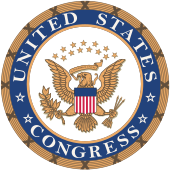Meretica wrote: Voting against the party line on one bill is unlikely to end a career, especially given that it is so early into the term.
That's Durant's thinking, and she hopes the electorate has a short enough attention span that the next thing Durant does or says will make them forget about whatever vote she did that was controversial.
It's worked for her so far.












